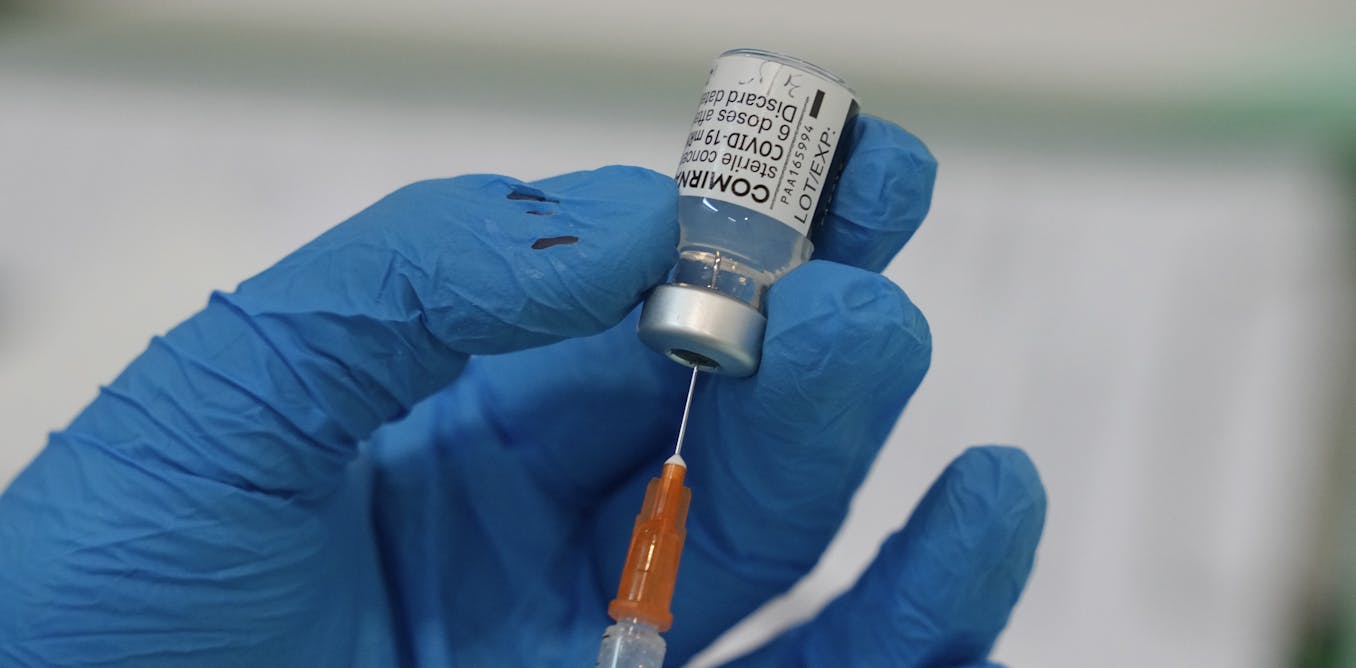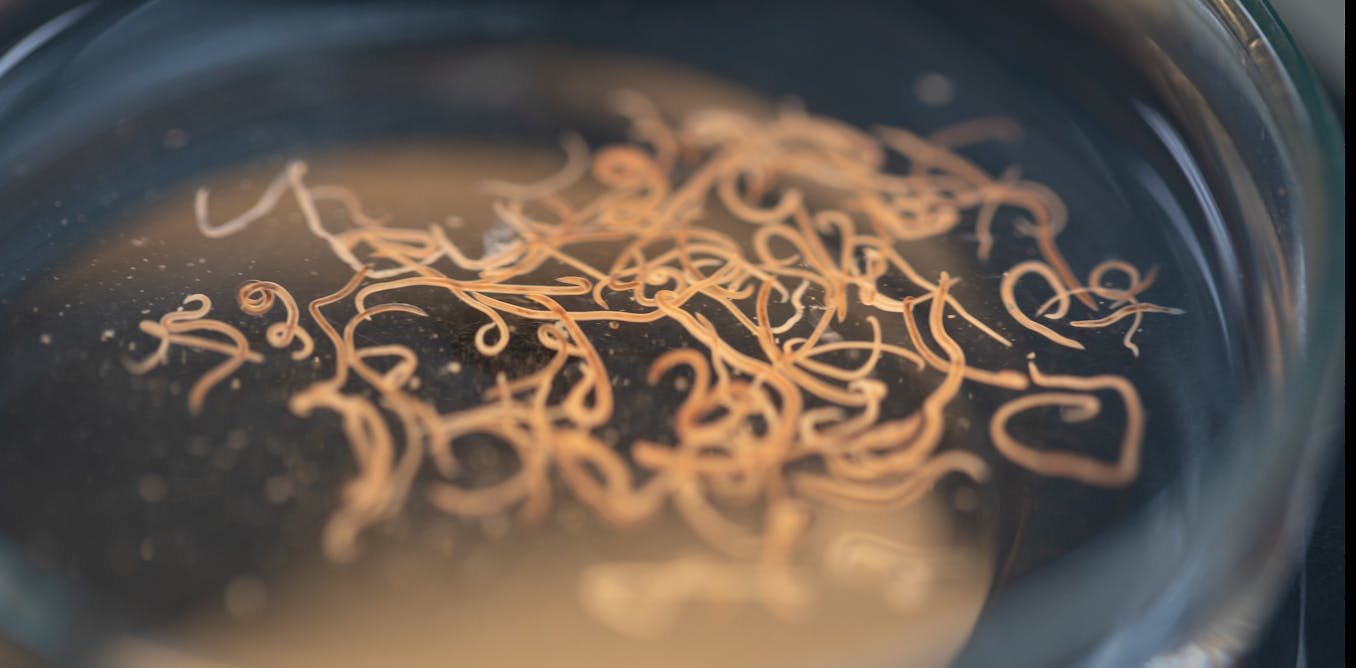Congress is failing to deliver on its promise of billions more in research spending, threatening America's long-term economic competitiveness
The latest government showdown over the budget risks not only a shutdown but jobs, regional economies and America’s competitiveness in AI and other advanced fields.
Jan. 16, 2024 • ~9 min







